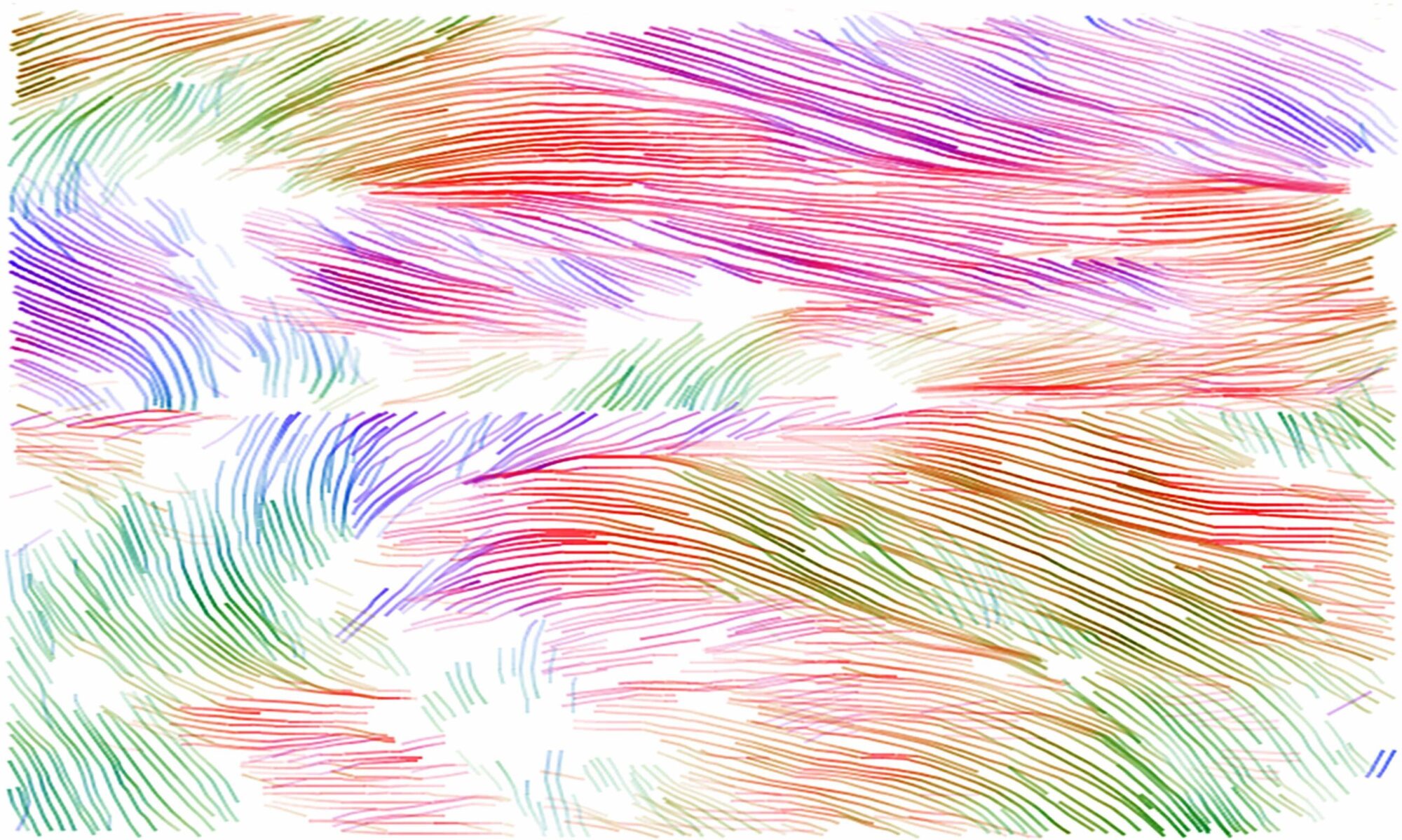Vsevolod Ivanov, Frances Allen, John Thomas, Liang Z. Tan
This symposium will provide a forum for researchers from both theory and experiment to discuss the tuning of material properties (optoelectronic, magnetic, chemical, porosity, etc.) through the introduction of defects at the atomic level to provide new functionalities for applications ranging from quantum sensing and computation to biosensing and nanofiltration. The defect types of interest include single vacancy, interstitial, and substitutional defects, as well as composite defects such as clusters and complexes. Topics to be covered will span recent developments in methods to deterministically place atomic-scale defects (ion and electron irradiation, annealing, plasma and chemical treatments, tip-induced manipulation, etc), characterization methods (transmission electron microscopy, scanning probe microscopy, Raman spectroscopy, photoluminescence, cathodoluminescence), new insights from modeling and theory (high-throughput calculations, machine learning, structure-property relations), device integration (optical cavities, electronics, sensors), and the latest results demonstrating defect-engineered properties in bulk, thin-film, and 2D materials.
Symposium Sponsor:

Symposium Location: B50 Auditorium
Symposium Schedule:
2:15 – 2:45 pm
Scalable Classical and Quantum Light Sources
Boubacar Kanté, University of California, Berkeley
2:45 – 3:00 pm
Writing and erasing of telecom band quantum emitters in silicon with femtosecond laser pulses
Kaushalya Jhuria, Berkeley Lab
3:00 – 3:15 pm
Scalable manufacturing of quantum light emitters in silicon under rapid thermal annealing
Yertay Zhiyenbayev, University of California, Berkeley
3:15 – 3:45 pm
Silicon carbide as a scalable quantum information technology platform
Victoria Norman, University of California, Davis
3:45 – 4:15 pm
Break
4:15 – 4:45 pm
Aqueous transport through sub-nanoscale multivacancies in 2D nanomaterials
Alex Smolyanitsky, National Institute of Standards and Technology
4:45 – 5:00 pm
Fabrication of Atomically Precise Nanopores in 2D Hexagonal Boron Nitride Using Electron and Ion Beam Microscopes
Dana Byrne, University of California, Berkeley
5:00 – 5:15 pm
Atomically Dispersed Supported Palladium Catalysts for High Performance Chemiresistive Gas Sensors
Yaprak Ozbakir, University of California, Berkeley
5:15 – 5:30 pm
New opportunities with hyperpolarized nuclear spins
Ashok Ajoy, University of California, Berkeley
5:30 – 5:45 pm
Optical and spin properties of self-aligned quasi-1D chains of NV centers for quantum information processing
Wei Liu, Berkeley Lab
